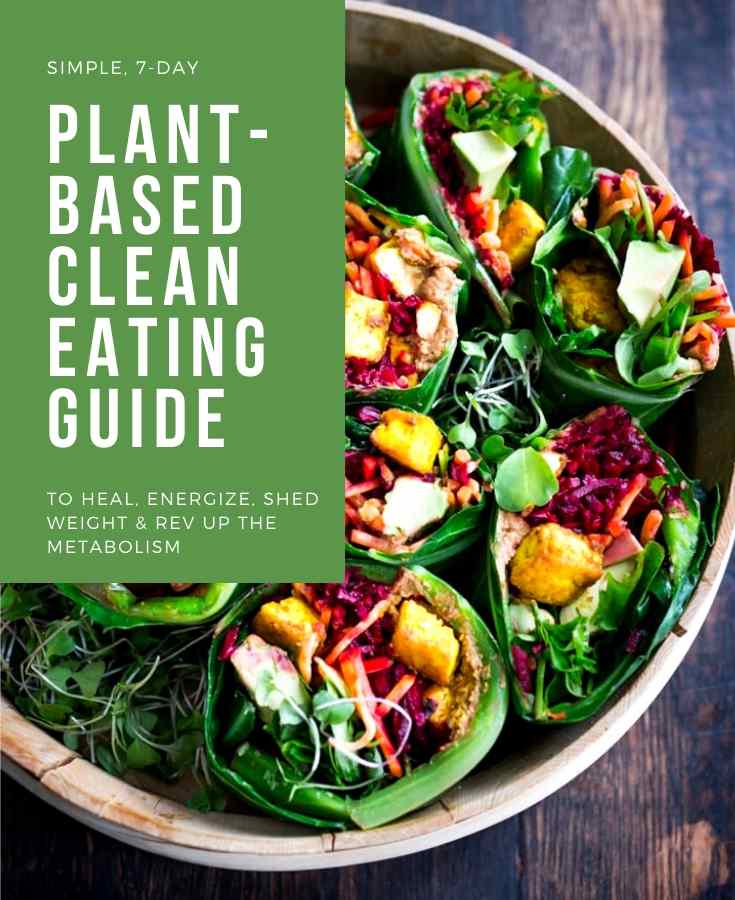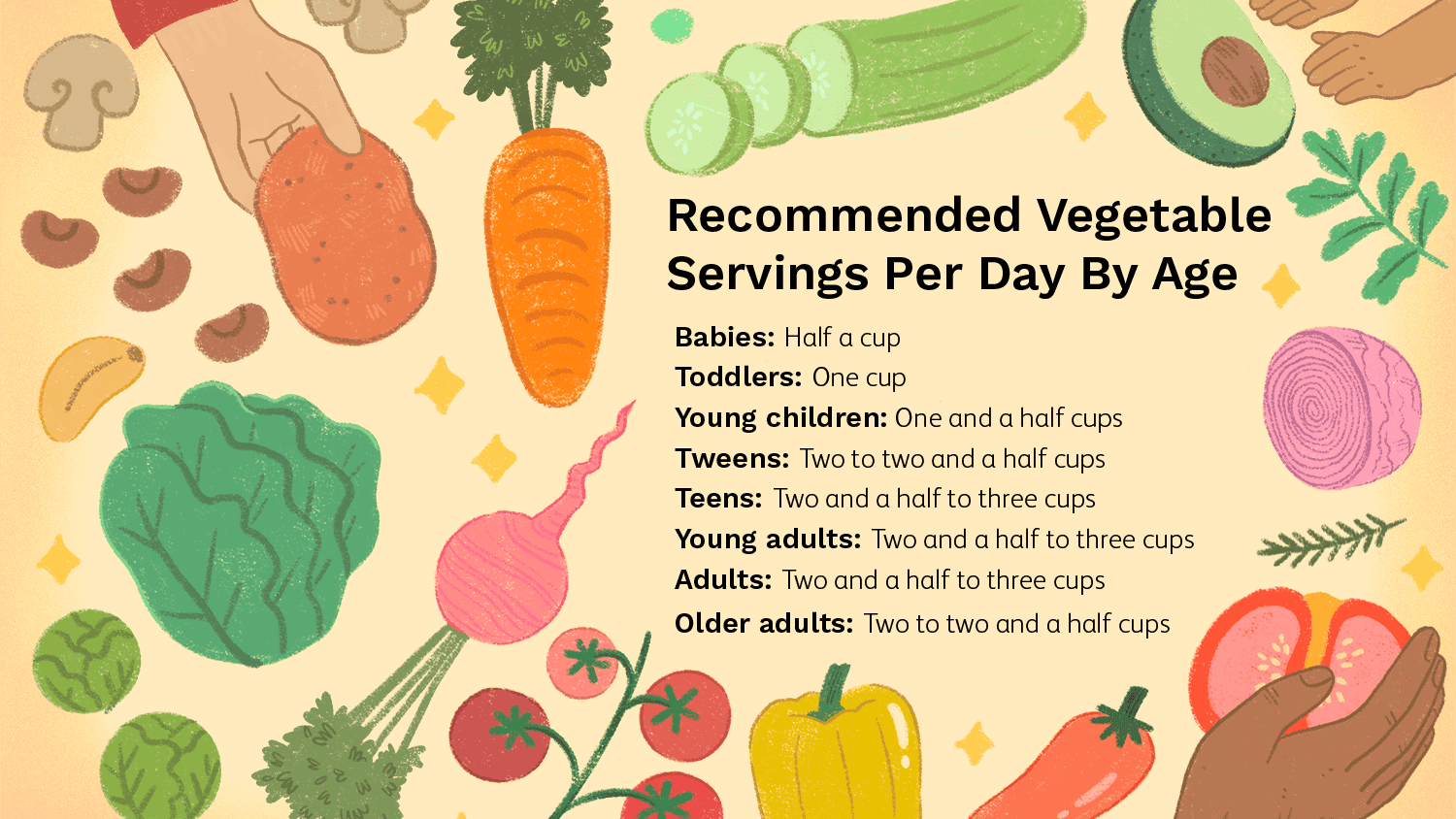
Researchers believe that 20-30% of life expectancy can be attributed to genetics, while the rest are a result of lifestyle choices and genes. Despite the fact that life expectancy is increasing, it hasn't changed much over the last few decades. There are many factors that can influence a person’s life expectancy. Exercise and healthy eating are two of the most important factors.
Even though genetics research is still very early, it has been demonstrated that nutritional requirements are linked to a longer lifespan. It was also discovered that 25% of human life span variance is genetic. There are many genes involved in aging. Although not fully understood, there are three genes that have been shown to be linked with longevity. These genes are the APOE, FOXO3 and CETP genes. Although they don't appear to play any role in determining one’s lifespan, there is evidence that they work together.

The average American's life expectancy is between eighty and eighty years. Asian-Americans live on average nearly 100 years longer. Black Americans have the shortest lifespans, but they tend to have a poorer health status. Men also have higher rates of diabetes, heart disease, and cancer than their white counterparts. Women live longer than men, however. There are many theories that explain why women live longer than men, but they all have to do with better health and fewer physical activities.
Although life expectancy is not determined by genes, lifestyle factors can play an important role. A person's lifestyle, including the type of food and environment they live in, has a major impact on their life expectancy. During the first seven decades of life, lifestyle is a much more significant factor in determining the length of life than genetics. As they age they are more likely not to develop many age-related ailments and remain healthy.
Environment, genetics, and lifestyle all play a role in the length of one's life expectancy. People with longer lives are generally healthier than their peers. Your parents' environment and lifestyle are key factors in determining your life expectancy. People living in poverty can have a direct impact on their longevity. Although these factors are important, it is not always causal. Eat healthy food if you want to live longer. A lot of fresh fruits, vegetables and meats will make you live longer.

Scientists have studied people who live in their nineties and even their nineties. In general, these individuals have the same types of lifestyles. They don't smoke and aren't overweight. They also cope well with stress. They tend to be women. It's also important to remember that older adults who are healthy and happy will live longer than their counterparts.
FAQ
How to measure body fat?
The best way to measure body fat is with a Body Fat Analyzer. These devices are used to measure body fat for people who want weight loss.
Improve immunity with herbs and supplements?
To boost immunity function, herbs and natural remedies are available. You can use ginger, garlic, echinacea oregano oil and vitamin C as examples.
These herbal remedies should not be used in place of conventional medical treatment. Side effects may include nausea, diarrhea, stomach cramps (dizziness), headaches, dizziness and stomach cramps.
Why does our weight change with age
How do you know if your bodyweight changes?
Weight loss happens when there is less muscle mass and more fat. This means that the amount of calories consumed must exceed the amount of energy used daily. A decreased level of activity is the main cause of weight loss. Other causes include illness, stress, pregnancy, hormonal imbalances, certain medications, and poor eating habits. When there is more fat than muscles, it's called weight gain. It occurs when people eat more calories than what they use in a given day. Common reasons include overeating, increased physical activity, and hormonal changes.
Our bodies lose weight because we eat fewer calories than we burn. Regular exercise increases metabolism, which means that we burn more calories per day. This doesn't necessarily mean we will lose weight. What matters is whether we are losing fat or building muscle. We will lose weight if we burn more calories than we consume. However, if we consume more calories than we burn, we end up storing them as extra fat.
As we age we tend to be slower in moving and thus we don't move nearly as much. We also tend have less food to eat than when our children were young. We tend to gain weight. On the flip side, we tend to have more muscle mass so we look bigger than we really are.
Without weighing yourself each week, there is no way to know how much weight you have lost. There are many different ways to measure your weight. You can gauge your waist size, hips, hips, thighs and arms. Some prefer to use the bathroom scales, others prefer to use tape measures.
Track your progress by measuring your waistline and weighing yourself every week. You can also take pictures of yourself every few months to see how far you've come.
You can also check your height online to find out how many pounds you have. If you're tall at 5'10", and weigh 180lbs, your weight would be 180.
How can you tell what is good?
Your body is your best friend. Your body is the best judge of how much exercise, food and rest you should get. It is important to listen to your body to ensure you are not doing too much. Listen to your body and make sure you're doing everything you can to stay healthy.
Is being cold bad for your immune system?
It's been said that there are two kinds of people in the world; those who love winter and those who hate it. You may wonder why you feel so bad when it's cold, regardless of whether you love it or hate it.
Our bodies were designed to work best in warm climates. Our bodies were designed to thrive in hot weather because this is where the majority of our food sources are.
However, our environment is quite different than that of our ancestors. We spend more time indoors than ever before, and are often exposed both to cold and heat extremes.
Because of this, our bodies have become accustomed to extremes. That means that when we do venture outdoors, we're left feeling tired, sluggish, and even sick.
However, there are some ways to reduce these effects. One way is to make sure that you stay well-hydrated throughout the day. Drinking plenty of water will help you keep your body hydrated and flush out toxins.
Also, ensure you eat healthy food. The best way to maintain your body's optimal temperature is by eating nutritious food. This is especially important for those who spend long periods inside.
Take a few minutes every morning to meditate. Meditation can relax your mind and make it easier manage stress and illness.
Statistics
- Extra virgin olive oil may benefit heart health, as people who consume it have a lower risk for dying from heart attacks and strokes according to some evidence (57Trusted Source (healthline.com)
- This article received 11 testimonials and 86% of readers who voted found it helpful, earning it our reader-approved status. (wikihow.com)
- WHO recommends reducing saturated fats to less than 10% of total energy intake; reducing trans-fats to less than 1% of total energy intake; and replacing both saturated fats and trans-fats to unsaturated fats. (who.int)
- According to the 2020 Dietary Guidelines for Americans, a balanced diet high in fruits and vegetables, lean protein, low-fat dairy and whole grains is needed for optimal energy. (mayoclinichealthsystem.org)
External Links
How To
27 steps to a healthy lifestyle if your family only eats junk food
The best way to eat healthily is to cook at your home. However, this is often difficult because people do not know how to prepare healthy meals. This article will provide some helpful tips for making healthier dining out choices.
-
Select restaurants that offer healthy dishes.
-
Before ordering any meat dishes, order vegetables and salads.
-
Ask for sauces without added sugar.
-
Avoid fried items.
-
Grilled meats are better than fried.
-
If you don't really need dessert, do not order it.
-
Make sure that you have something else to eat after dinner.
-
Eat slowly and chew thoroughly.
-
Get plenty of water when you eat.
-
Do not skip breakfast or lunch.
-
Fruits and vegetables are a great addition to every meal.
-
Consume milk and not soda.
-
Try to avoid sugary drinks.
-
Reduce the salt content of your diet.
-
Limit the amount of time you eat at fast food restaurants.
-
If temptation is too strong for you, invite someone to be your friend.
-
Your children shouldn't watch too much television.
-
Keep the television off during meals.
-
Drink no energy drinks
-
Regular breaks from work are important.
-
Get up early in the morning and exercise.
-
Exercise everyday.
-
Start small and build up gradually.
-
Realistic goals are important.
-
Be patient.
-
Find time to exercise even if you don't feel like it.
-
Use positive thinking.